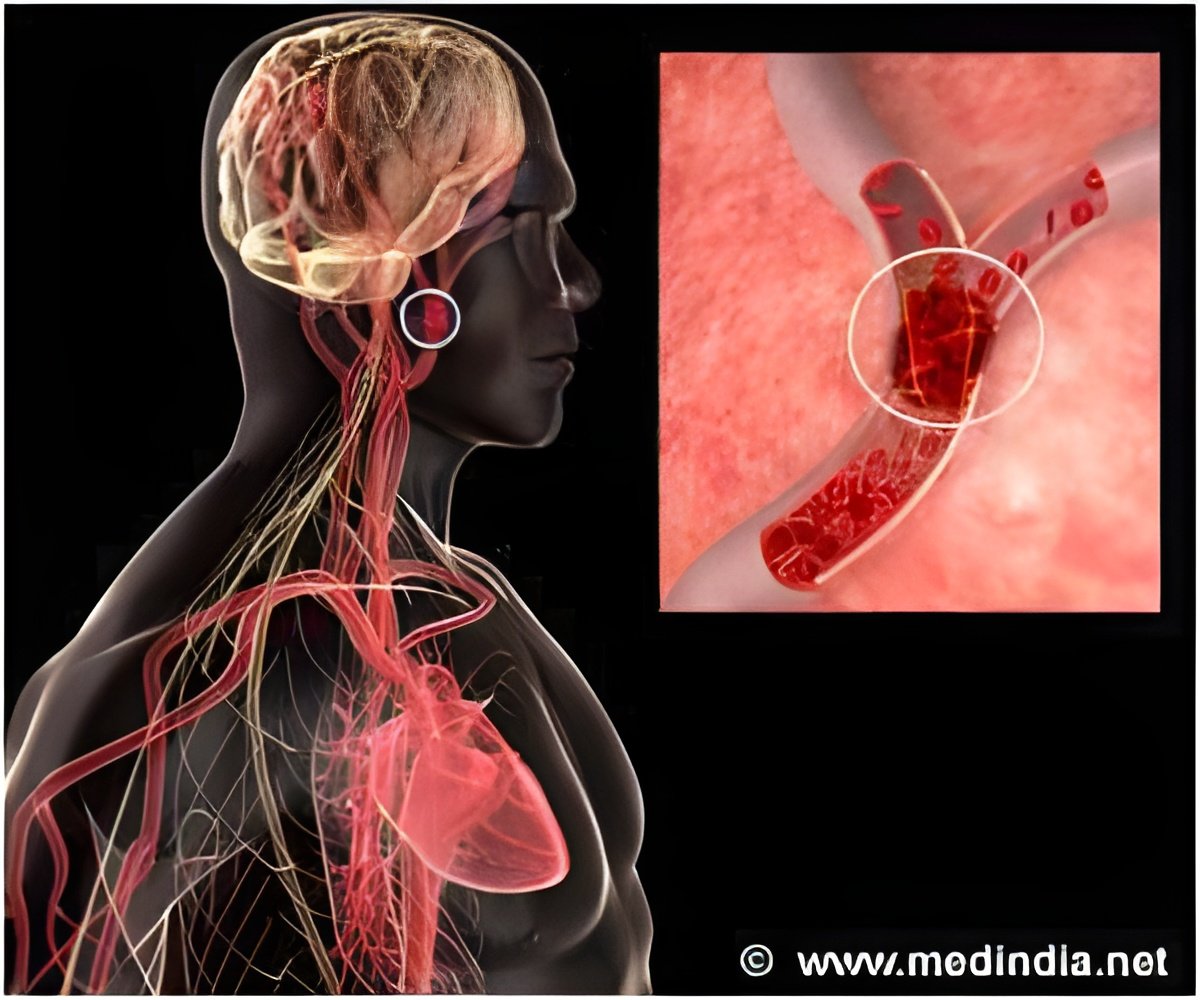Genetics has the potential to provide an insight into the underlying mechanisms of ischemic stroke and related diseases.

‘Ischemic strokes are caused by blood clots, while other forms of stroke are caused by the rupturing of blood vessels.’





Massive Collaboration Stroke is the No. 2 killer worldwide, and risk factors such as smoking, high blood pressure, diabetes and high cholesterol are well established. Our genes, however, also play an important role in determining our stroke risk, but relatively little is known about the inheritable risk for ischemic stroke. (Ischemic strokes are caused by blood clots, while other forms of stroke are caused by the rupturing of blood vessels.)
To advance the understanding of ischemic stroke, a massive study has been conducted by researchers with the National Institute of Neurological Disorders and Stroke's Stroke Genetics Network (SiGN) and the International Stroke Genetics Consortium (ISGC). The project is believed to be roughly twice as large as any previous study investigating the genetic factors contributing to ischemic stroke. The project examined the genomes of tens of thousands of stroke patients and far more control subjects. It represents the work of researchers around the world, including doctors and scientists at the University of Virginia Health System.
"We have started to alter the mortality from stroke, which is great and exciting," said Bradford Worrall, MD, a top stroke expert at UVA and a leader of the project. "However, if you look at all the known risk factors, they are fairly poor at predicting an individual's risk. There's some statistics that suggest as much as 50 percent of the residual risk is unexplained, which is why understanding the underlying genetic contributors is so important."
Understanding Ischemic Stroke
Advertisement
The study also shed light on the only gene that has been linked to all forms of ischemic stroke. By taking a highly sophisticated approach to the genetic analysis, the researchers were able to show that the gene appears to have the strongest effect in strokes related to small vessel disease. This suggests that each identified stroke gene so far is associated with a specific stroke subtype, the researchers report.
Source-Eurekalert















